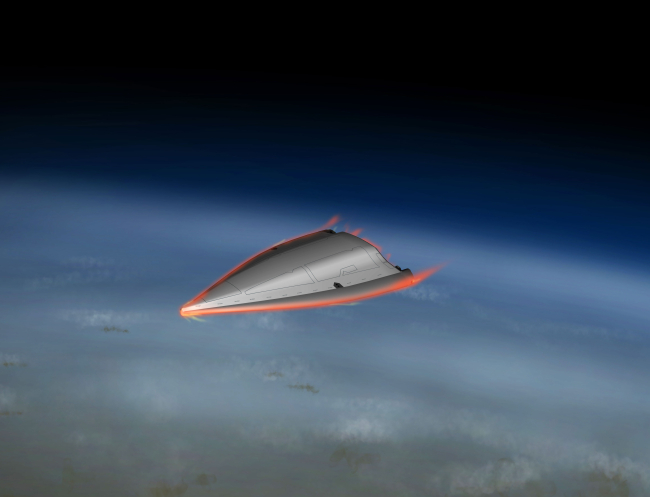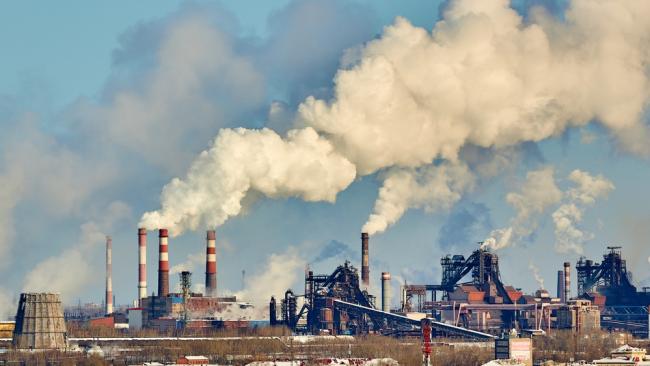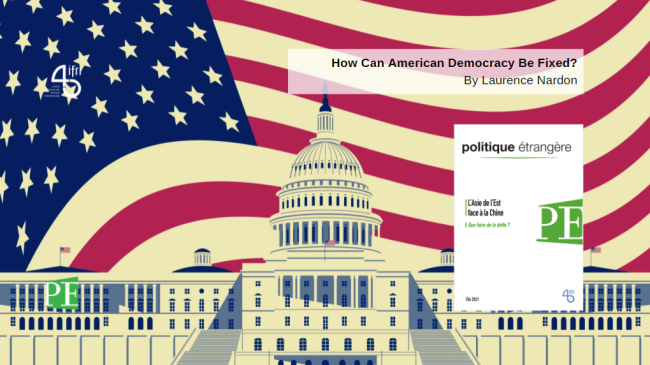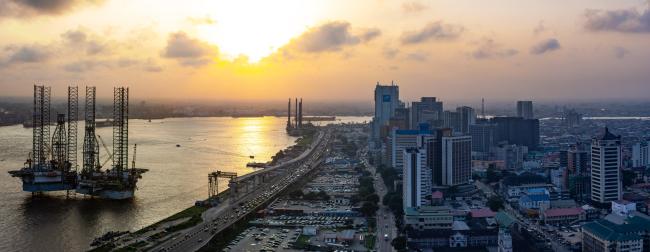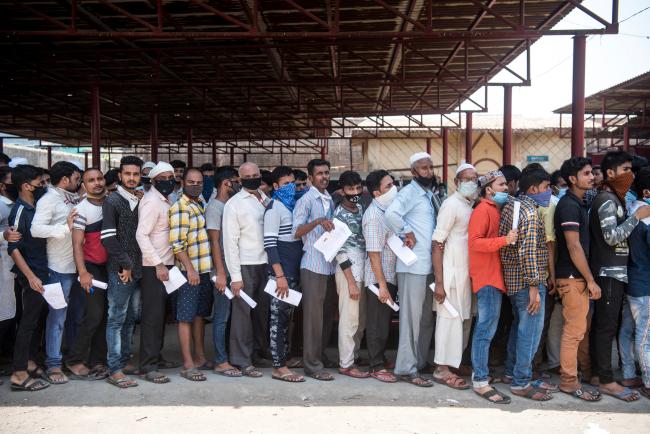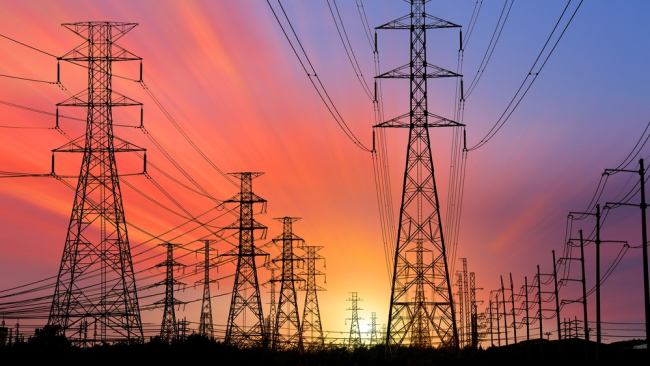3259 publications
Relations Between Europe and Africa Seen Through the Franco-German Prism
The year 2020 was to be a pivotal year for (re)formulating Europe's Africa strategy. Germany and France were committed to strengthening relations between the two continents and to consolidating them at the sixth summit of the African Union and the European Union, which was postponed because of the COVID-19 pandemic.
Hypersonic Weapons: What Are the Challenges for the Armed Forces?
Hypersonic systems are becoming attributes of power for the states that design and implement them, at the risk of reviving an arms race.
Ituri : Resurgence of Conflict and Failure of Peacebuilding Policy
In the far northeast of the Democratic Republic of Congo, the province of Ituri experienced a decade of relative peace between 2007 and 2017 and is nowadays victim of the resurgence of its historic inter-communal conflict between the Hema and the Lendu.
Can the Biggest Emitters Set Up a Climate Club? A Review of International Carbon Pricing Debates
The world’s largest emitting countries are reconsidering the role of carbon pricing instruments and increasingly looking at carbon border adjustment mechanisms (CBAMs) to address leakage concerns. This renewed momentum should trigger a broader discussion on how to make trade policies compatible with the climate agenda.
How Can American Democracy Be Fixed?
The end of the Trump presidency has demonstrated both the strength of institutions and their weakness.
The Economic and Political Consequences of Falling Oil Production in Sub-Saharan Africa by 2030
The sharp rebound in oil prices since the second half of 2020, to nearly $70 per barrel in May 2021, represents only a temporary respite for oil-dependent African economies that must change their economic model very quickly.
75 millions de nouveaux pauvres en Inde: le modèle de développement indien à l’épreuve du COVID-19
The pandemic has revealed the fragility of the Indian economy.
Is the TEN-E Regulation Fit for a Decarbonized Future? A Battle to Shape the European Energy Transition
The European Union’s energy infrastructure policy has become obsolete with the adoption of both the Green Deal and the 2050 climate neutrality target. The ongoing review of the regulation on Trans-European Energy Networks (TEN-E) should lead to an-depth discussion on Europe’s energy transition strategy.






